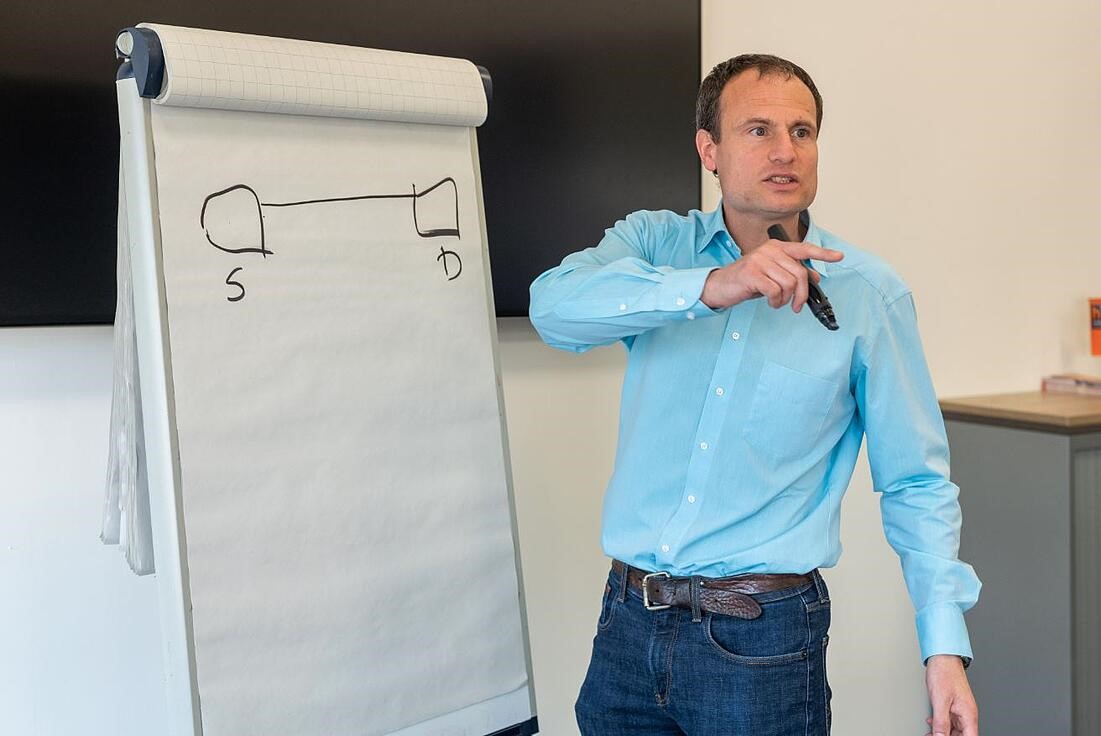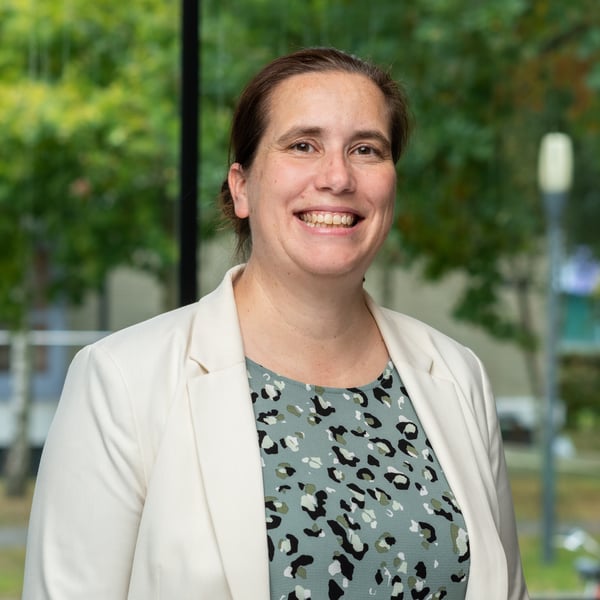- Introduction, reliability terms and definitions
- Weibull Plot: create and interpret
- Goodness-of-fit, distribution analysis
- 3-parameter Weibull, log-normal distribution
- Risk analysis; failure forecasting
- Dauser Shift, zero failure and ‘Sudden Death’ testing
- Confidence intervals, batch analysis
- Binominal, Poisson, exponential, Kaplan-Meier
- Reliability validation plan, fully censored data
- Crow-AMSAA: reliability growth analysis
Course information
- 6 days
-
8, 9, 10, 24, 25, and 26 September 2025
Investment
The investment is €4.950,- (ex. VAT) per participant.
Included are course materials, daily lunch, and drinks.
This includes the 6 training days, a syllabus of the course material, the ‘New Weibull Handbook©’, Super-SMITH™ personal software license, Reliability TOOLS RVP© software, exercise book playtime©, excursion HALT / ALT laboratory.

Curious?
Talk to our academy advisorHI-RF1 Life Data Analysis and Reliability Testing.
New products and processes need to be developed more quickly than ever, with increasing quality and reliability requirements. Learn how you, as a reliability engineer, can predict the reliability of your product, set up test plans and make statistically-based recommendations to support fact-based management decisions.
This course is based on the New Weibull Handbook. It addresses the Weibull and the Crow-AMSAA statistics as well as a number of reliability test methods that will seamlessly fit in the product creation process.
Reliability-maintainability-safety (RMS) will be covered in all aspects, including specifying requirements, establishing risk analyses, evaluating test results at component and system level, calculating life cycle costs and maintenance strategy.

Results
You will be trained to become a professional life data analyst and reliability test engineer. You will be able to make in-depth reliability analysis based on warranty, test or field data, to predict the failure and to make fact-based management recommendations. In addition, you can create a statistically robust test plan for the highest possible reliability at the lowest cost.

RF1 Life Data Analysis and Reliability Testing
Save my seat
Learnings
- Make in-depth reliability analysis based on warranty, test or field data,to predict the failure rate
- Create a statistically robust test plan for the highest possible reliability at the lowest cost
- Make fact-based management recommendations
Teaching professionals.

Dr. Ir. Coen Smits
Scientific Director Reliability
Ir. Elly van den Bliek
Competence Lead ReliabilityWhat you’ll learn.
Block 1 - day 1/3
What you'll learn on day 1, day 2 and day 3 of the course
Block 2 - day 4/6
What you'll learn on day 4, day 5 and day 6 of the course
- Extended Crow-AMSAA; trend analysis
- Accelerated stress tests; HALT, FMVT, MEOST
- Accelerated Life testing; ALT
- Step-Stress tests, SN curves, PFEV, FUTR
- Modeling of Accelerated Life tests
- Establishment of a reliability validation plan
- Excursion to a HALT / ALT laboratory
- Introduction to DoE’s, Design of Experiments
Practical information.
For whom
The course aims at professionals concerned with design, testing, warranty analysis, reliability, project planning, maintenance, or inspection.
Certificate
The Reliability Foundation Program is a post-graduate education, focusing on the practical aspects of Reliability Engineering. The program has been developed in accordance with VDI 4002 Reliability guidelines in collaboration with the University of Stuttgart and consists of several modules that will result in a VDI Reliability Engineer certification.
DfR Green Belt certification
Attending the RF1 module, passing the exam and completing 1 project successfully leads to the DfR Greenbelt certification. If you want to take the exam during the planned exam days, the costs for the theory exam are € 350 per participant. If you want to take the theory test at another time, the costs are € 500 per participant. You can register by sending an email to academy@holland-innovative.nl. Please state clearly which exam you want to participate in.
CRE certification
To obtain CRE certification (Certified Reliability Engineer), participants are required to attend the modules RF1 and RF2, attend at least two additional Reliability Foundation modules, successfully pass theoretical examinations for each attended Reliability Foundation module and successfully complete three reliability projects in total. The CRE certification is issued by the University of Stuttgart.
Location & Dates
Locations
Eindhoven – High Tech Campus 29
Enschede – The Gallery, Universiteit Twente
Dates 2025
Session I
Block 1: March 10-12
Block 2: April 14-16
Session II
Block 1: September 8-10
Block 2: September 24-26
Group size
A maximum of 12 participants
Exam Dates
Exam dates 2025
March 25
June 24
November 25
Exams are held both in Eindhoven as well as in Enschede

.jpg?width=200&name=Holland%20Innovative%20summer%20academy%20-%20Project%20Management%20Masterclass%202%20(2).jpg)